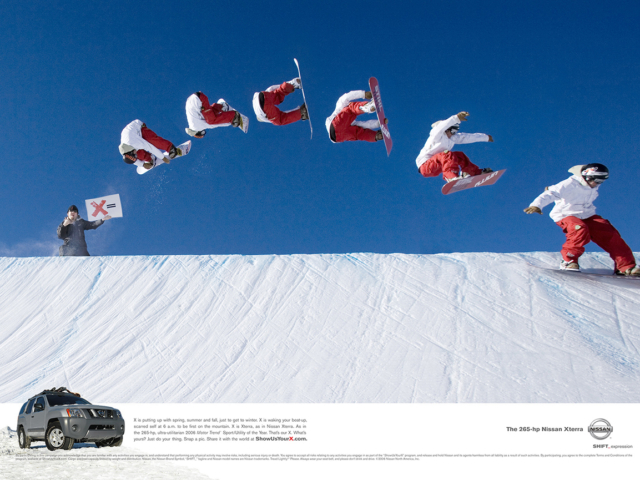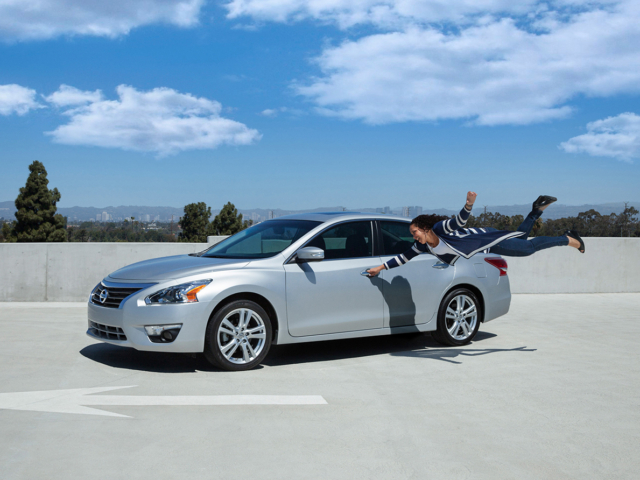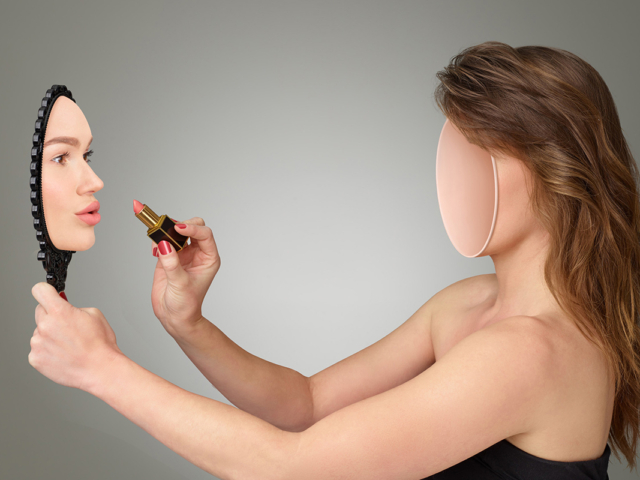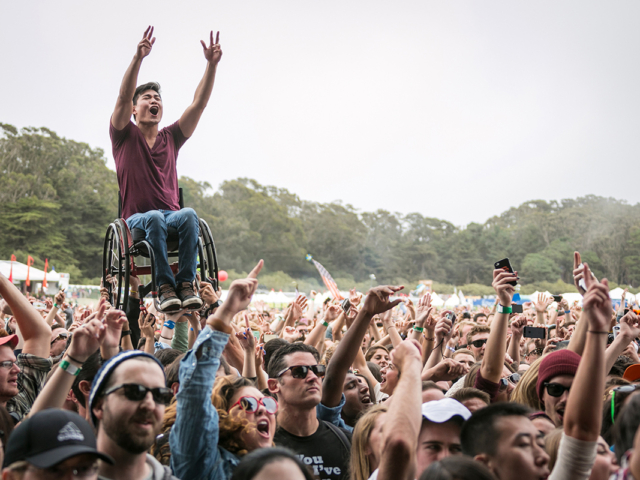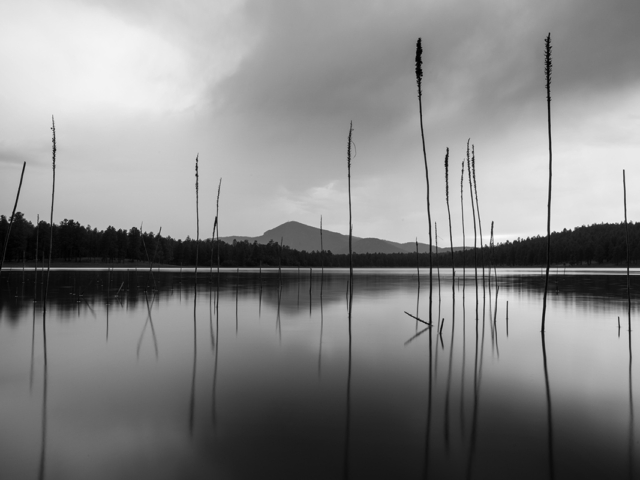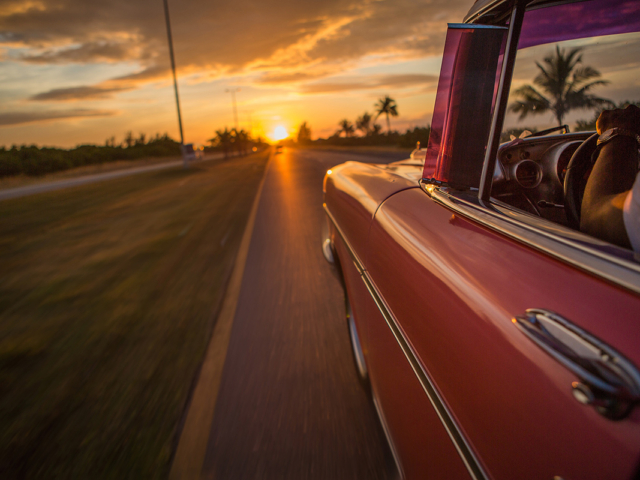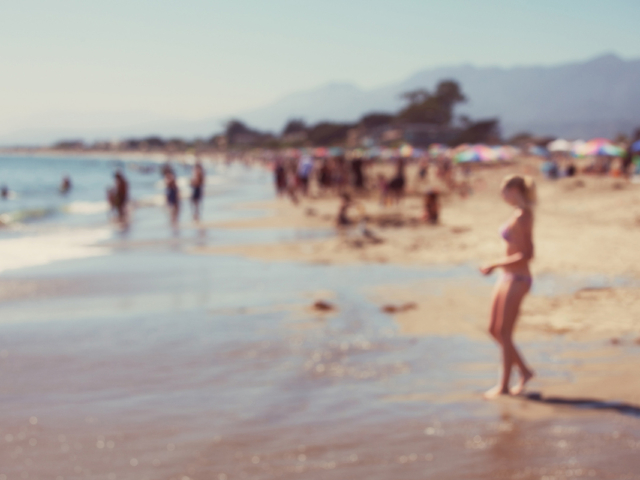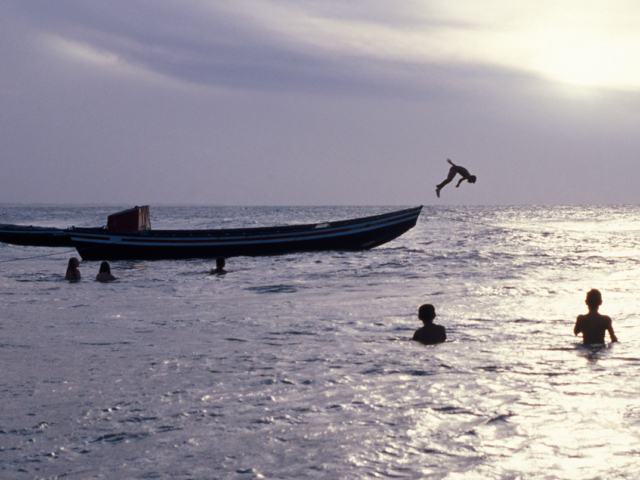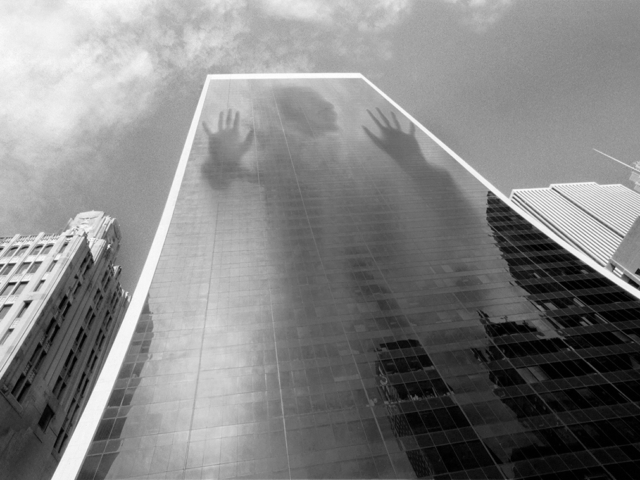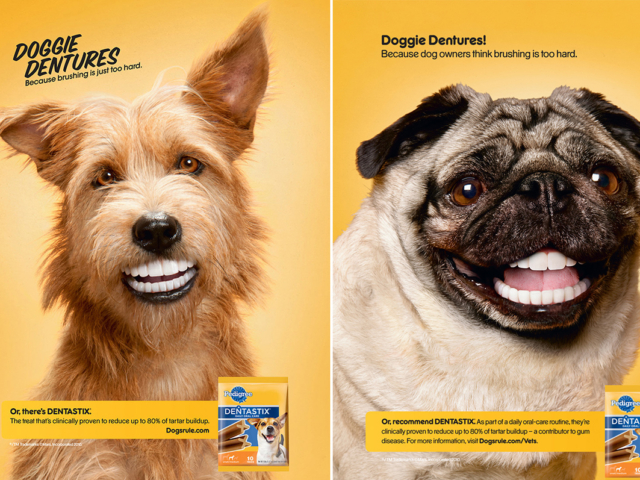Josh Withers
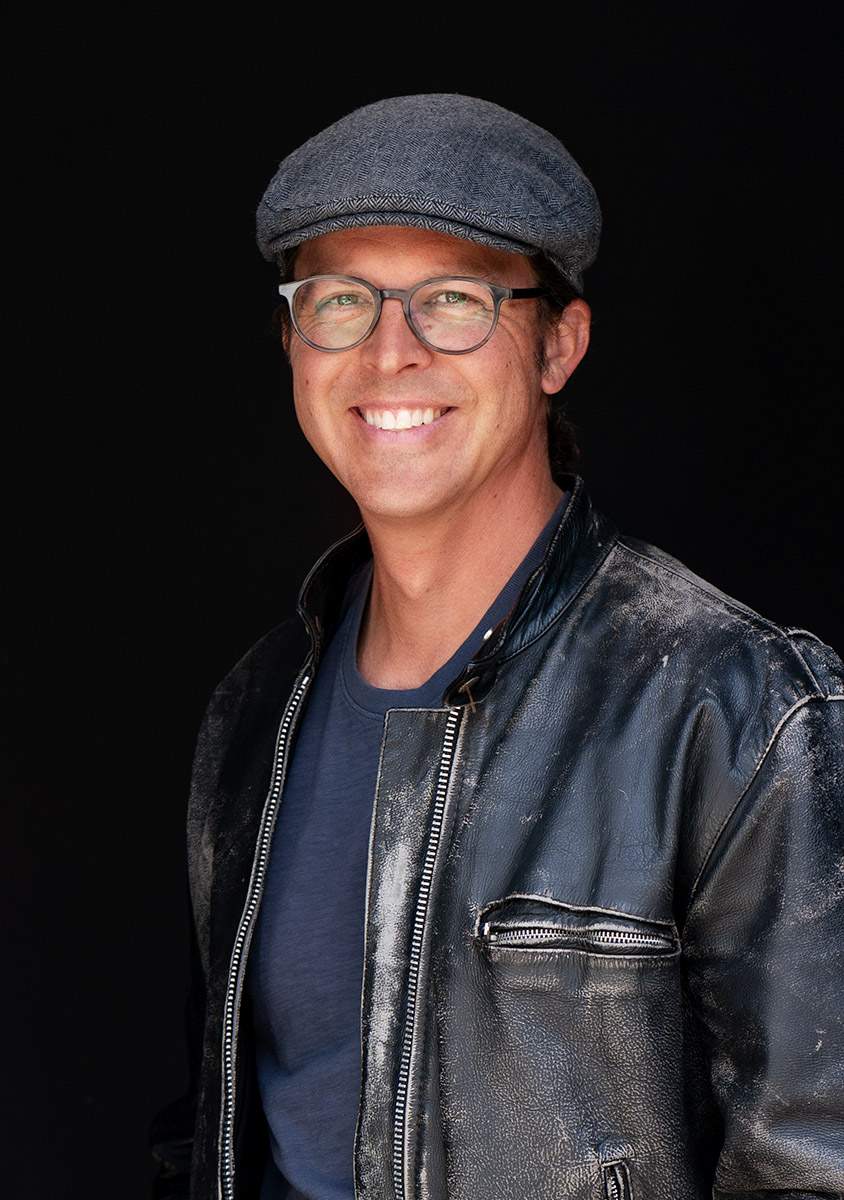
About
Josh Withers (https://www.joshwithers.com/) has been using Photoshop since 1992 and has been part of the Adobe Photoshop beta testing team since 2002. As a Senior-Level Digital Photoshop Artist, he has performed high end, flawless image making for top brands and photographers. Josh Withers earned a Bachelor of Fine Arts degree from the University of Delaware and continued his education working alongside a diverse batch of photographers and preeminent digital artists at The Santa Fe Photographic Workshops. It was in 1998 at The Santa Fe Workshops that Josh also began his part-time career as a Photoshop instructor. After relocating to California in 1999, Josh continued to develop his passion for teaching at the Pasadena Art Center College of Design, Miami Ad School, and in 2014, he became a full-time instructor within the Photography Department at Santa Monica College. Prior to joining the faculty at Santa Monica College, Josh spent 11 years as an in-house Photographer and Senior Photoshop Artist for one of the largest advertising agencies in the world, TBWA/Chiat/Day in Los Angeles. Through direct collaboration with global brands such as Apple, Pepsi, Gatorade, Nissan, Priceline, and Pedigree, Josh honed his craft by capturing images for a broad range of industries and clients – from consumer packaged goods, technology, food, and automobiles to animals and people. Between his advertising and his editorial/concert photography, his images have been displayed in countless outdoor, print and digital outlets all over the world. His photography work earned TBWA/Chiat/Day two Kelly Awards, a Lucie Award nomination and consistent recognition in Communication Arts. In 2014, his concert photography was recognized by the industry magazine Photo District News, winning a People’s Choice Award for the Ultimate Music Moment Photo Contest. He has also been a featured artist in the Modern Collodion web feed for his commitment to the art of wet plate photography.
Scheduled to Teach
Gallery
LACP Interviews Josh Withers
LACP asks Josh Withers ten questions about their background, career in and beliefs about photography.
LACP: What kind of photographer are you?
Josh Withers: I’ve worn many hats in Photography. I had a commercial career as an in-house photographer at a top advertising agency for over a decade. I have been shooting live concerts since the 90’s. I am always shooting personal work with my Rolleiflex and digital cameras. Additionally, I started shooting Wetplate Collodion photography in 2017 to expand upon my approach to my personal photography. I’ve also been steadily employed as a Photoshop expert for over 20 years.
LACP: How long have you been shooting?
JW: It all started in the late 80’s or early 90’s when I taught myself to use my dad’s camera. It then became my major in college and a career around 1999. Also, in high school, I also started working with Photoshop. That was before Photoshop had layers!
LACP: Where did you get your training?
JW:I worked at the Santa Fe Photo Workshops in the 1990’s right after college. I always call that my graduate school after majoring in photography at the University of Delaware. After Santa Fe, I worked for a high end commercial photographer in San Francisco and absorbed his process from shooting, to post production to client communication and more… That’s what lead me to Los Angeles and working inside the advertising industry.
LACP: When did you know you wanted to devote your life to photography?
JW: I think Photography chose me. My dad had a 35mm film camera he didn’t know how to use and when I was a kid, I quickly figured it out and started shooting my friends skateboarding and family trips. I love the mechanical and technical physics of it and when you combine that with art and creativity, it is the perfect match for my brain.
LACP: Did you ever come close to giving up?
JW: It’s like the mafia, once you are in, you can’t ever get out! Working as a commercial photographer certainly had high highs and low lows. The lows happen for any number of reasons and caused me to flip careers into being a full time instructor and part time photographer/photoshop artist. (Prior to 2014, I was a full time Photoshop artist and photographer and taught at colleges and workshops part time). The tension level can get high working in advertising for thankless clients and after my second child was born, I knew I had to get out of advertising and concentrate on being an instructor instead. The career shift helped me avoid the burn out factor and enjoy photography again vs the possibility of resenting it due to career pressures. I still get occasional side projects that make me happy I don’t work like that full time anymore. A recent project involved photoshopping for a photographer who shot product photography without a tripod! The photos were all out of alignment and the focus was all over the place. Those jobs leave me scratching my head.
LACP: Have you sacrificed anything by being a photographer?
JW: Money and time! My family can get frustrated with me as I pull off the side of the road and spend time shooting something while they wait in the car.
LACP: What have you gained by being a photographer?
JW: Access, encounters and experiences I’d never get otherwise. From meeting celebrities, to flying in helicopters, to being on stage with rock and roll icons, to being privy to industry secrets like the iPhone or flying to Japan to photograph the Nissan GTR prior to being released, or standing on a hilltop with wild horses in North Dakota… I’ve had a storied life all because of my job and passion as a photographer. And I can’t wait to see what’s next!
LACP: What classes do you teach at LACP?
JW: Photoshop
LACP: What do you love most about teaching?
JW:I had some great instructors in my life who formed who I am today and I will forever be appreciative. It is very rewarding if I can connect and inspire just a few people like those instructors inspired me.
LACP: What advice would you give someone who is thinking about making a career in photography?
JW: It is no different than a sport, an instrument or a new language. You have to be dedicated and practice. Make it a part of your life. Continue to keep working on your personal vision, your technique, your process, your eye, your perception of light.
